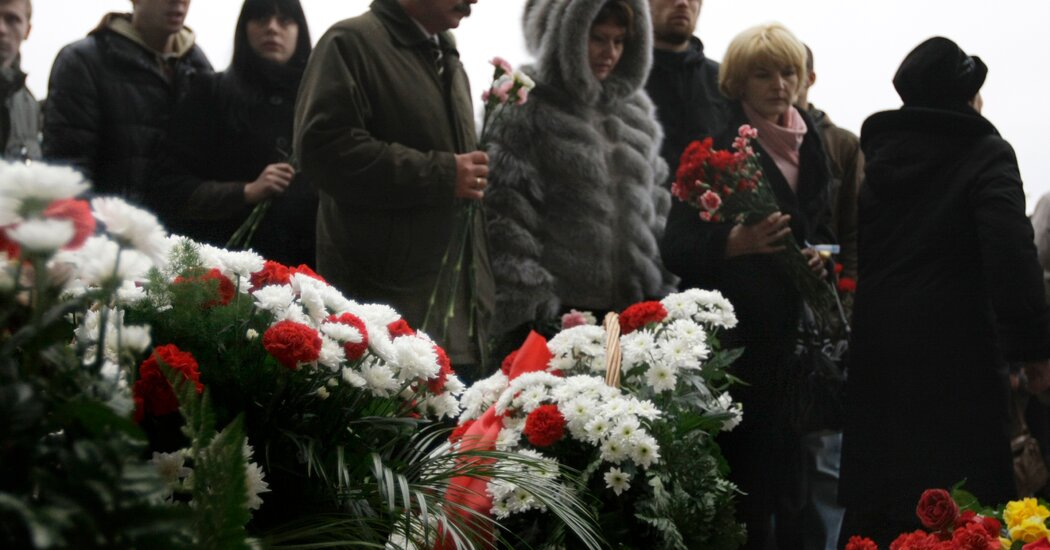
For many Russians, the massacre at a concert hall on the outskirts of Moscow on Friday night brought to mind shootings and bombings across the country in recent decades, events that the authorities often described as terrorism.
The authorities linked many of those attacks to Russia’s wars against Chechen separatists in the 1990s and 2000s. Those conflicts helped enable the rise of Vladimir V. Putin, who over his two decades in power has sought to project an image of being tough on terrorism.
2002: Moscow theater crisis
In the early 2000s, Chechen militants staged several major terrorist attacks, as Russia waged a second war to defeat a separatist movement in Chechnya. In October 2002, dozens of Chechen gunmen seized a crowded Moscow theater, taking more than 750 people hostage.
The siege lasted for days, until Russian special forces filled the theater with a debilitating gas to incapacitate the gunmen. More than a hundred hostages died as a result of the raid, with most of the deaths attributed to the gas. The Russian government later acknowledged that it had pumped in an aerosol version of fentanyl in its attempt to end the standoff.
2004: Beslan school siege
In September 2004, Chechen militants swept into a school in Beslan, a city in the North Caucasus, taking more than 1,000 people hostage, including 770 children, and rigging the building with explosives.
Three days after the siege began, Russian security forces armed with tanks, rockets, grenade launchers and other weapons stormed the school, which caught fire as they engaged in gun battles with the Chechen fighters.
More than 330 hostages — including 186 children — died in the battle, leading the European Court of Human Rights to decide over a decade later that the Russian authorities had violated European human rights law in their handling of the siege. The Kremlin rejected the conclusion.
2010-11: Moscow bombings
Bombers detonated two explosives at landmark subway stations in Moscow in March 2010, killing at least 38 people. The attack, resembling a subway bombing that killed about 40 people in 2004, revived fears that the Chechen insurgency had not been quelled, and a Chechen militant leader claimed to have ordered the attack.
In 2011, a bomber attacked Moscow’s busiest airport, Domodedovo, killing 37 people. The Russian authorities later said that the bomber was a man from the North Caucasus.
2017: St. Petersburg metro bombing
A homemade device filled with shrapnel exploded during rush hour, killing at least 14 people. Officials named the bomber as a member of the Uzbek minority in southern Kyrgyzstan, and said they were investigating whether he had any links to Islamist extremists.
2022: Izhevsk shooting
About 600 miles east of Moscow, a gunman attacked a school in the city of Izhevsk, killing 15 people, in what the Kremlin called a terrorist attack.
The authorities said the attacker, who had been armed with two pistols, “was wearing a black top with Nazi symbols and a balaclava” and was not carrying any ID.
